Military
How Close Is Iran to a Nuclear Weapon and What Happens if They Get One?
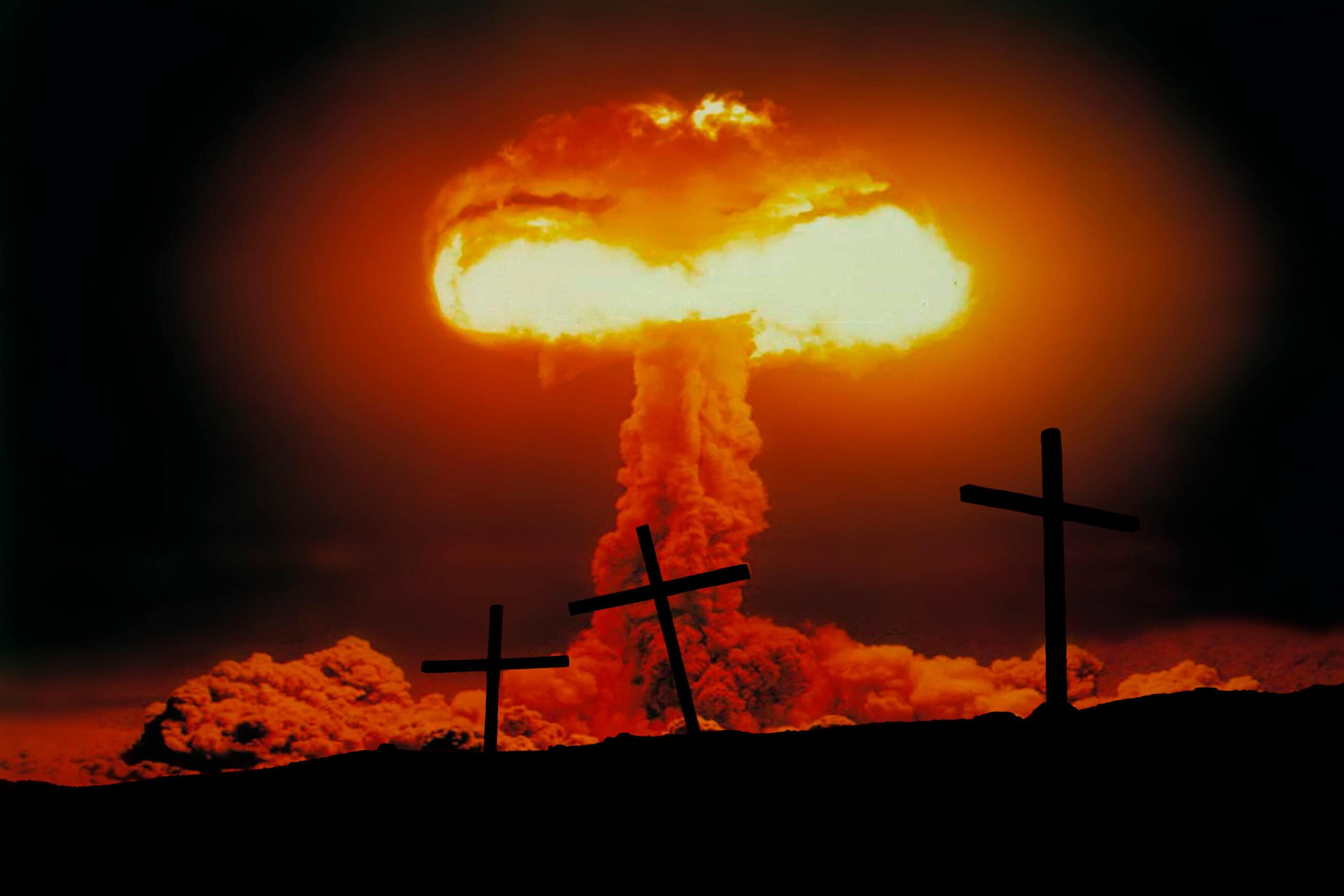
Published:

Iran has been deeply at odds with the United States and its allies since its 1979 revolution. However, its aggressive attitude toward the West and sponsorship of terrorism pale in comparison to the potential threat of a nuclear-armed Iran.Today we’re exploring what we know about the current status of Iran’s nuclear weapons program and what could happen if they get one.
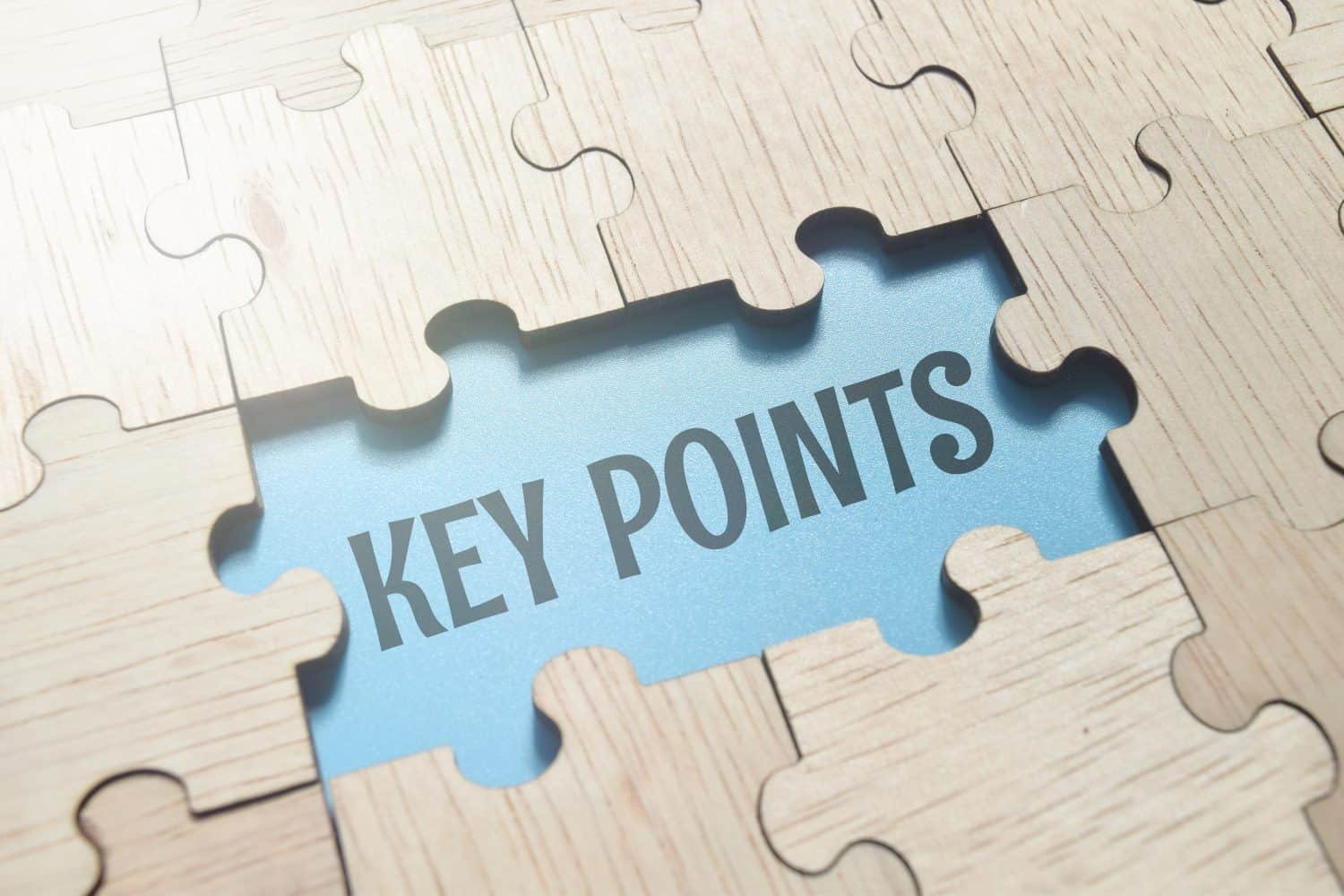
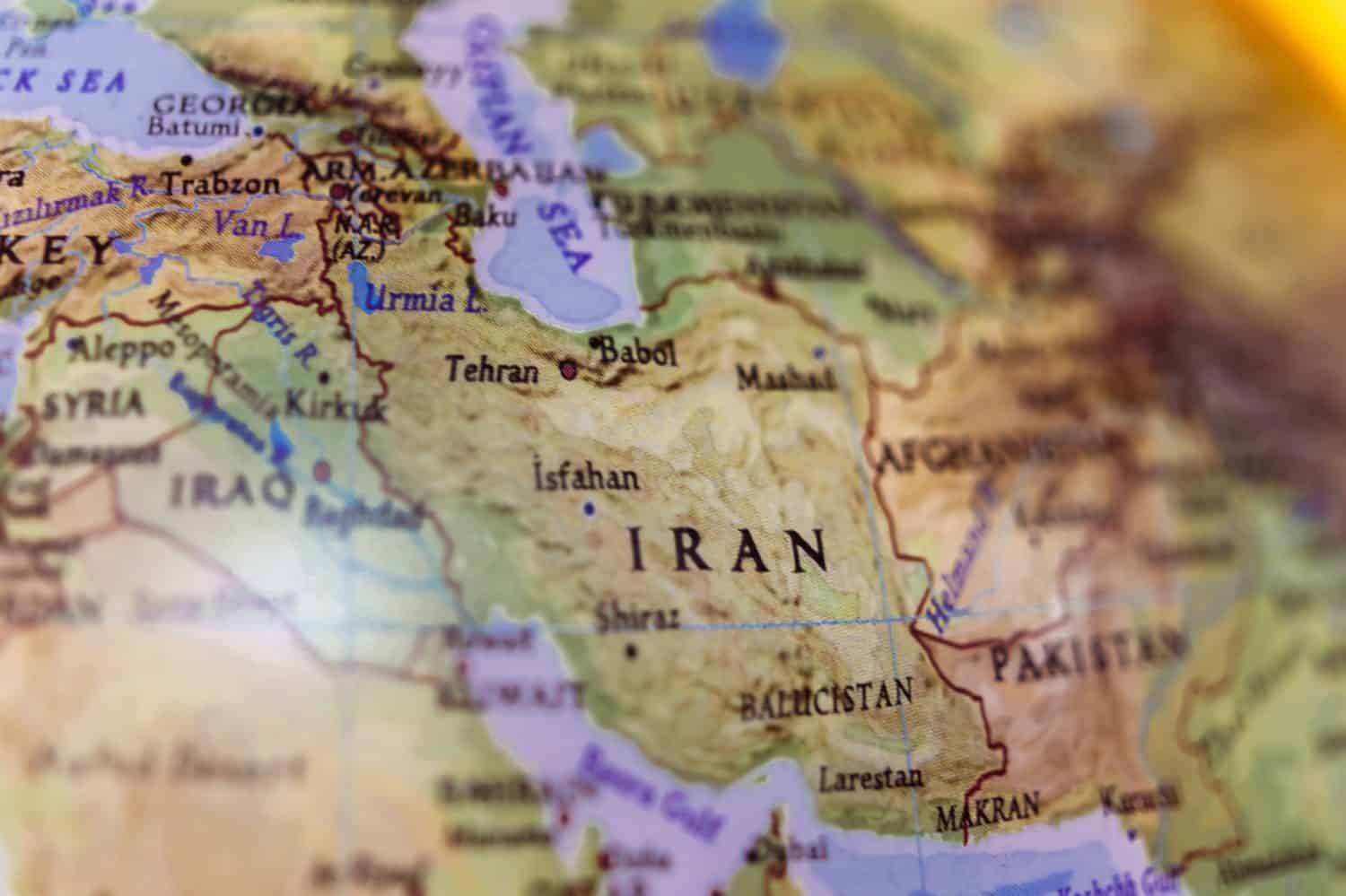
The Iranian people are ethnically Indo-European Persians, not Arabs. They are Muslims, but they follow the Shia sect, unlike the Sunnis who rule every other Islamic country. And they are the only Islamic theocracy in the world, with national policies under the sharp eyes of conservative Shiite clerics. All of this makes them quite different from their neighbors and resentful of the fact that the holy places of Islam are under the control of one of their greatest rivals: Saudi Arabia. Their religious convictions also make them keen to take radical leadership in opposing Israel and Israel’s main sponsor, the United States, to show that they are more authentically zealous for Islam.
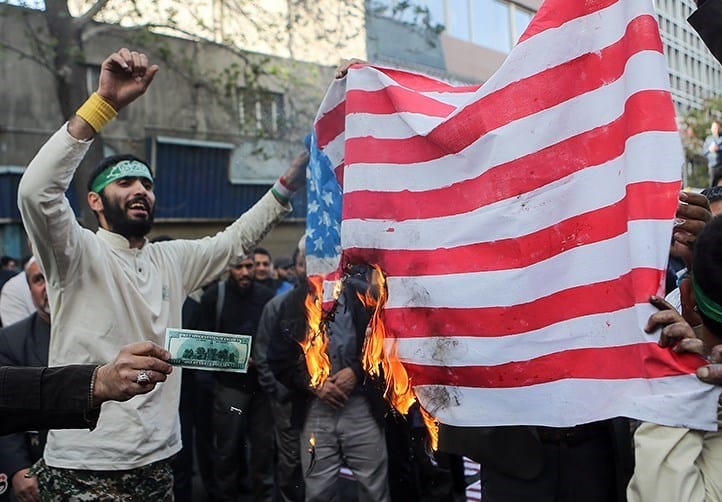
Iranian leaders like to refer to the United States as the “Great Satan:” a corrupt world’s most serious threat to Islam. During the revolution, staff members of the U.S. embassy were held hostage for over a year. During the Iran-Iraq War, Iran attacked oil tankers of the Persian Gulf states that supported Iraq and placed sea mines in the Gulf. That ended only with American military escorts and U.S. attacks on Iranian forces and facilities that caused them to back down. Iran has responded with asymmetrical warfare, including state sponsorship of terrorism.

Iran refers to Israel as the “Little Satan,” a puppet state that does the bidding of its masters in Washington. Israel’s Islamic neighbors have gone to war with it several times since it became an independent country in 1948. Each war has been an Israeli victory and most have expanded Israel’s territory. Israeli occupation of the West Bank and Gaza Strip and the treatment of the millions of Palestinians who live there are inflammatory to the Arab countries and Iran. Iran has sponsored and armed the paramilitary groups Hamas in Gaza and Hezbollah in Lebanon to harass Israel and show they are doing something about the problem. At the same time, Israel has military superiority and nuclear weapons, so Iran does not want a direct conflict it is likely to lose.
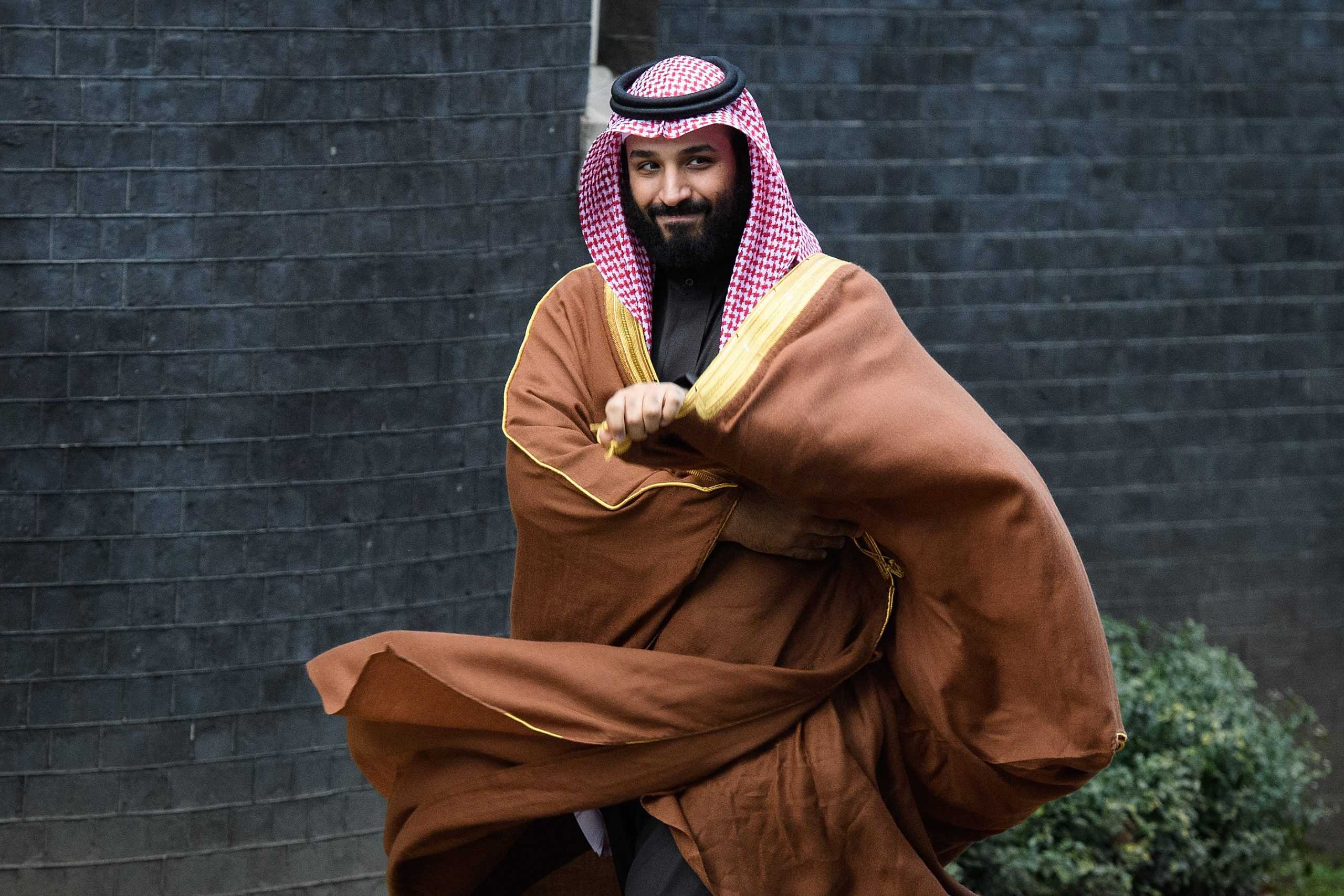
With Israel having a decisive military edge due to generous U.S. sponsorship, the Arab countries have understood the futility of direct conflict. They also have a common cause with Israel in opposing Iranian adventurism in the region. Egypt, Jordan, the UAE, Bahrain, Sudan, and Morocco have all normalized relations with Israel and with the exception of Sudan, are generally aligned with U.S. foreign policy goals in the region. Iran has condemned these these countries for compromising with the enemies of Islam and has armed sympathetic groups in Iraq, Syria, and Yemen to try to gain a strategic advantage over its Arab rivals.
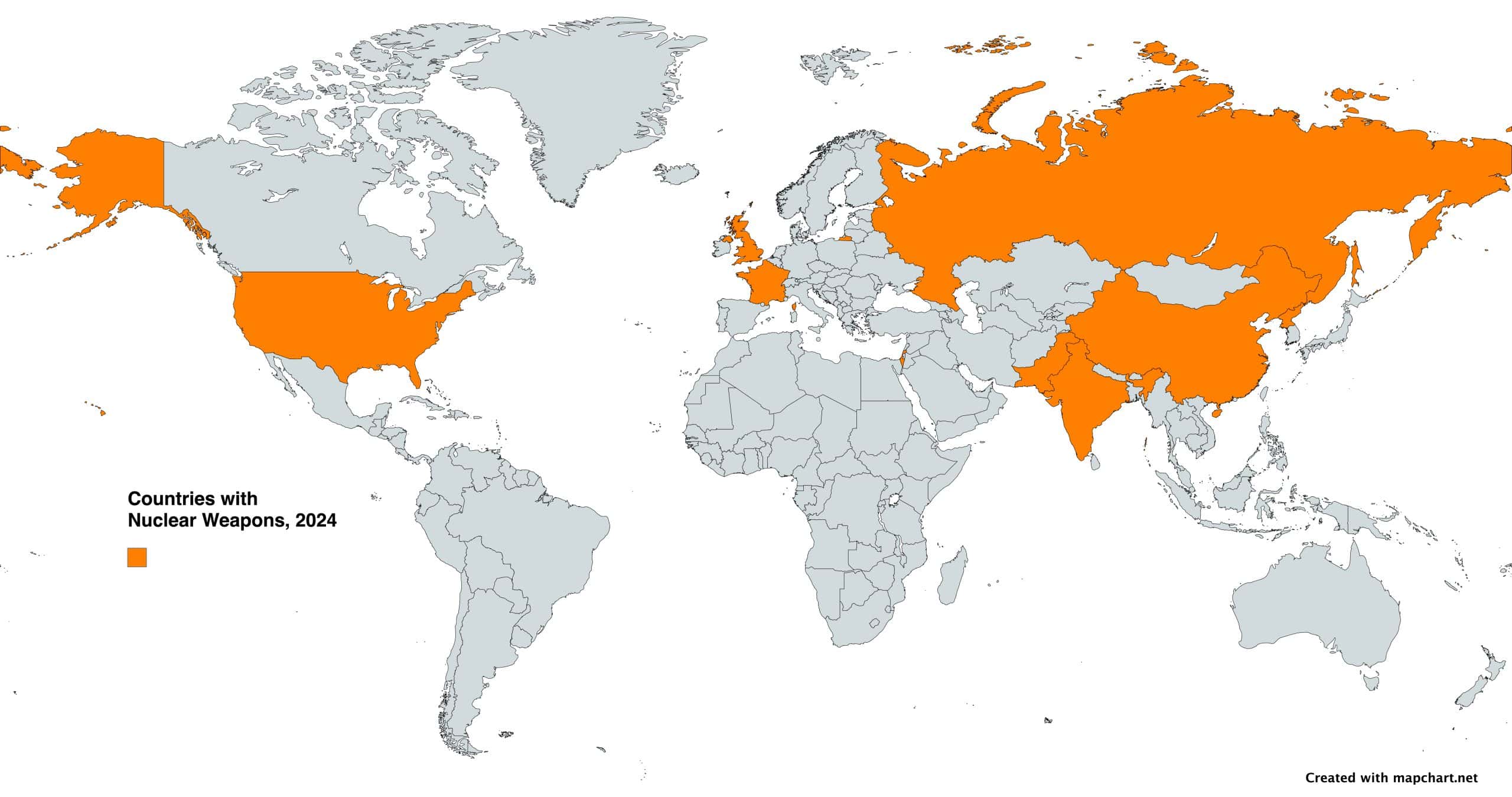
Here are 3 reasons Iran might want to acquire nuclear weapons:
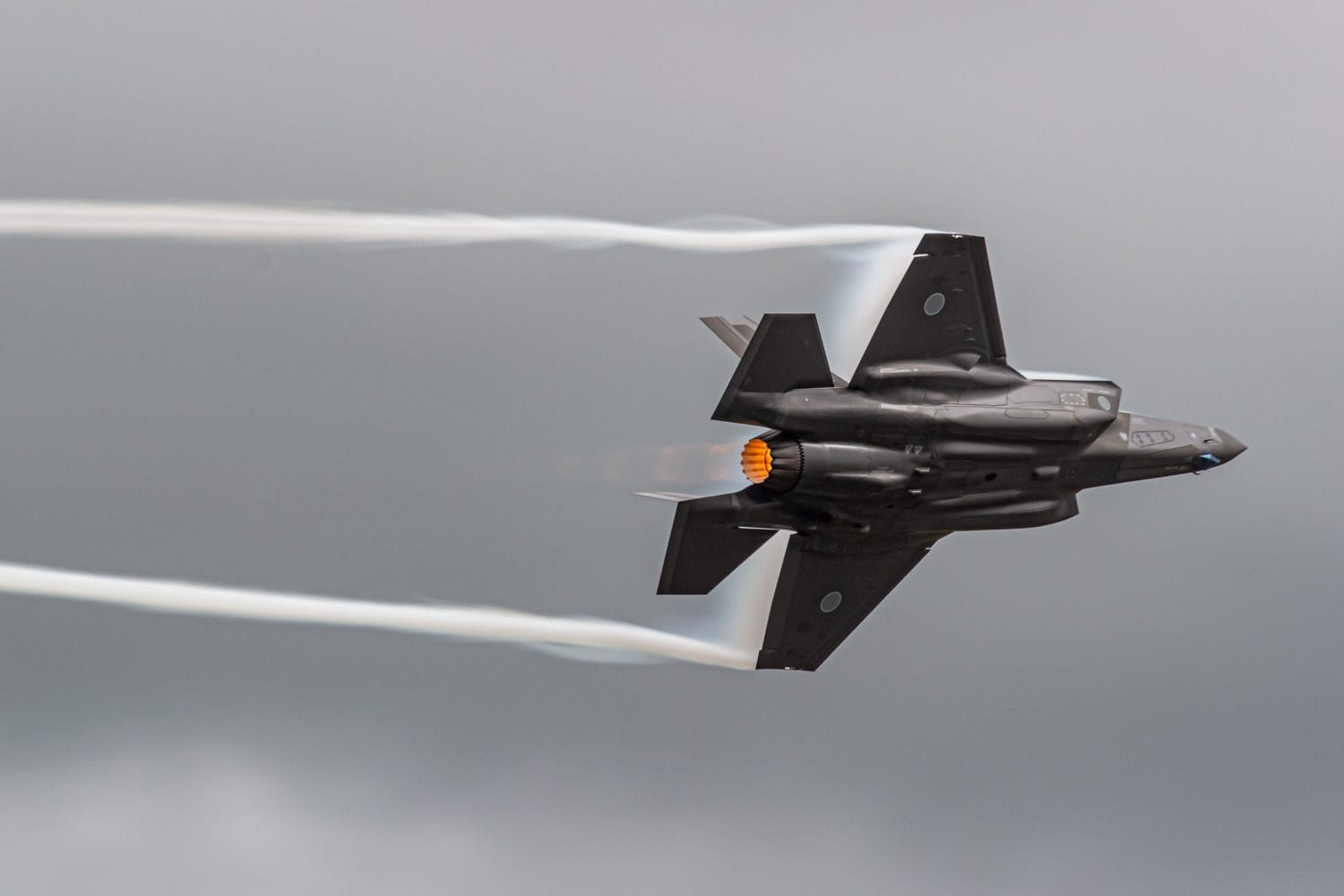
If Iran did test a nuclear device, it might face a range of international repercussions:
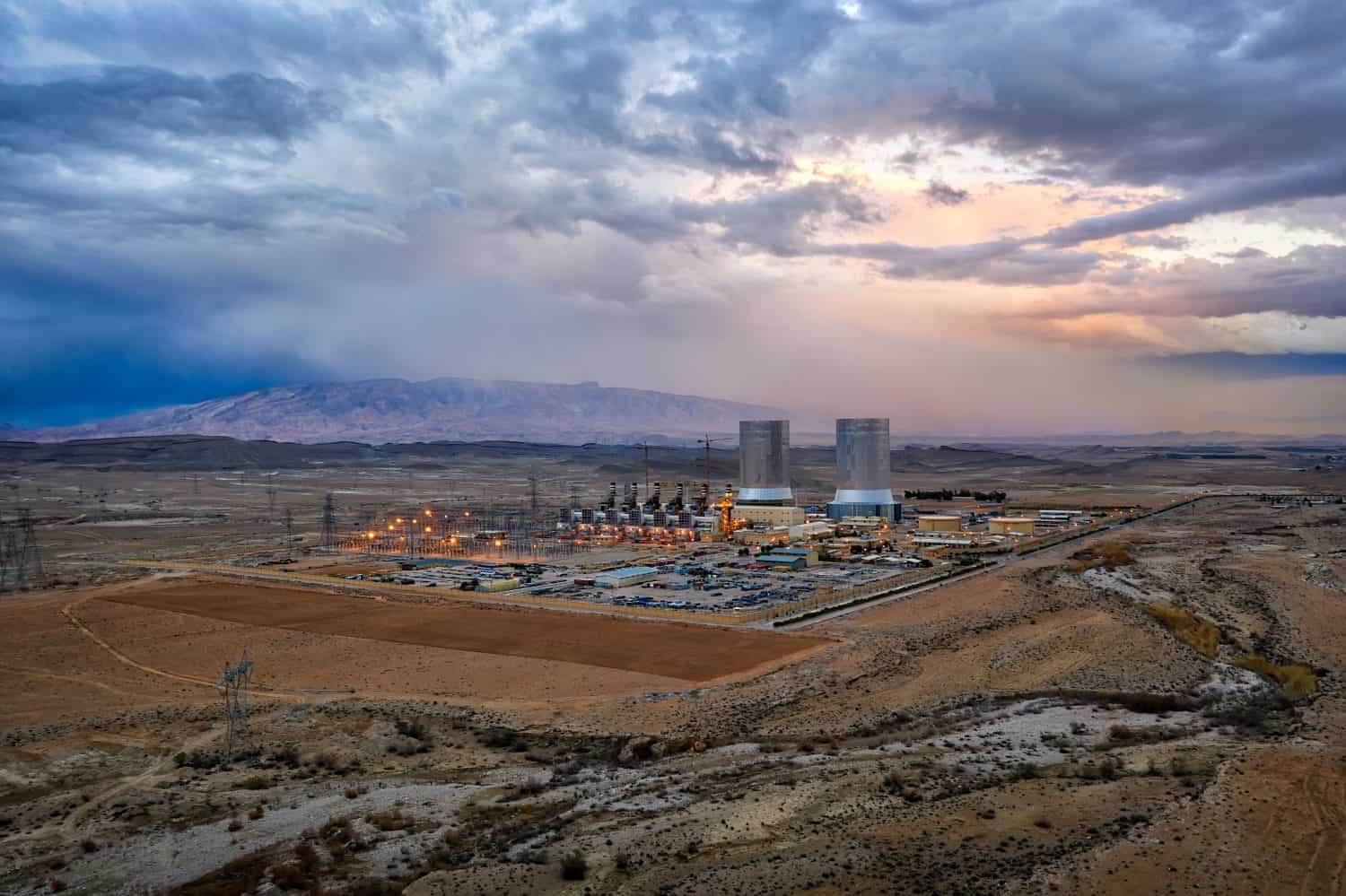
Although Iran’s energy needs are more than met by its petroleum production, it claimed its nuclear research was for the purpose of energy generation. However, by 2015 Iran had installed thousands of centrifuges at multiple deeply entrenched underground sites. This gave it the potential to enrich uranium to weapons grade rapidly if it chose to make a breakout to a functioning weapon. Iran had a stockpile of uranium exceeding the limits and grades of enrichment permitted by the Nuclear Non-Proliferation Treaty. It also was developing facilities to produce so called “heavy water” that is used to produce plutonium for nuclear weapons.
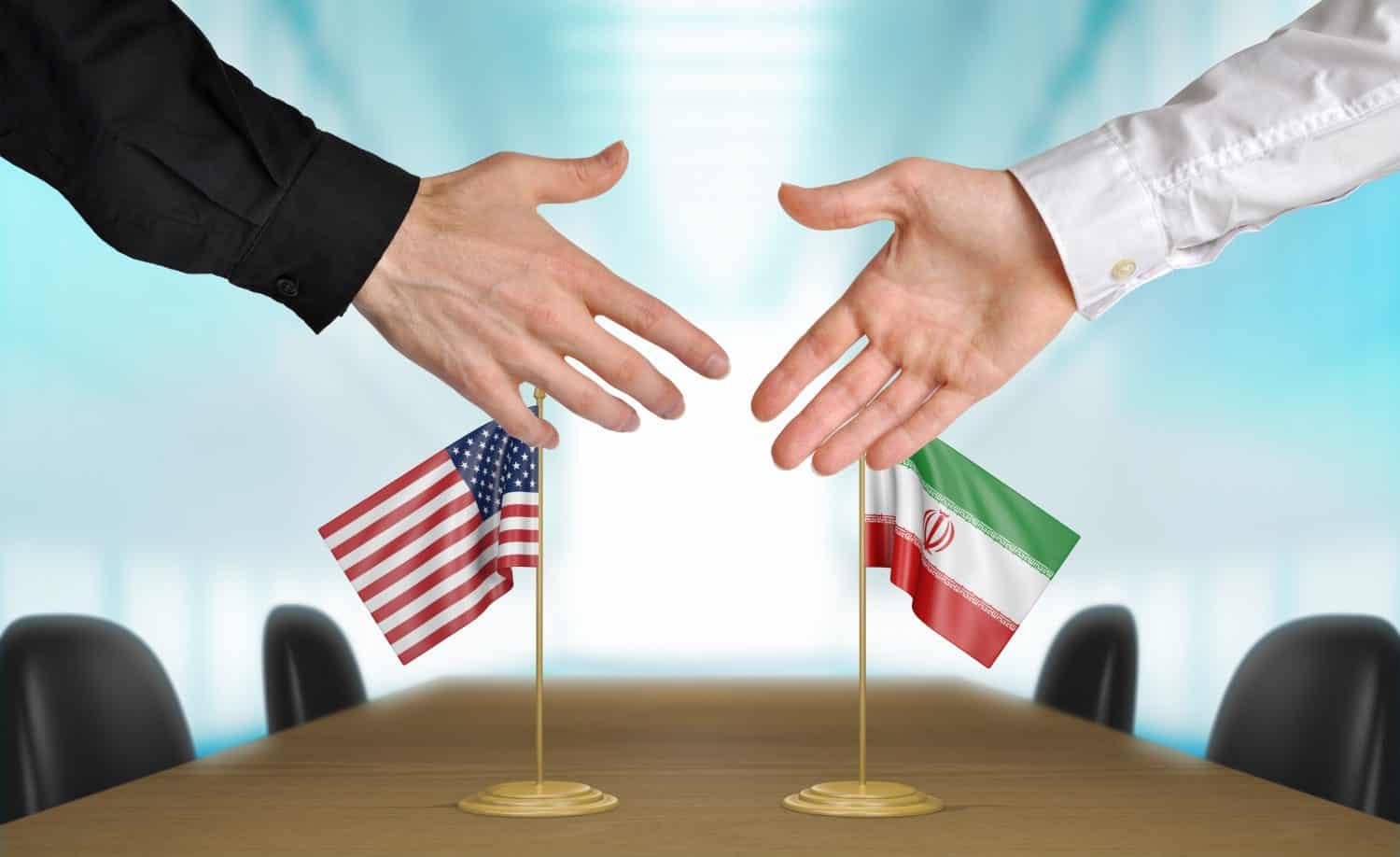
In the past two decades, foreign powers have used four approaches to try to slow down or stop Iran’s nuclear program:

The Joint Comprehensive Plan of Action placed limits on the number of centrifuges Iran could have and limited the enrichment levels they could reach for 15 years. Iran also agreed to reduce its enriched uranium stockpile by 98%. This agreement was to be monitored with on-site inspections by the International Atomic Energy Agency. In return, some of the crushing economic sanctions on Iran would be lifted. However, it did not address issues like Iran’s ballistic missile stockpile that could be used as nuclear payload delivery systems.
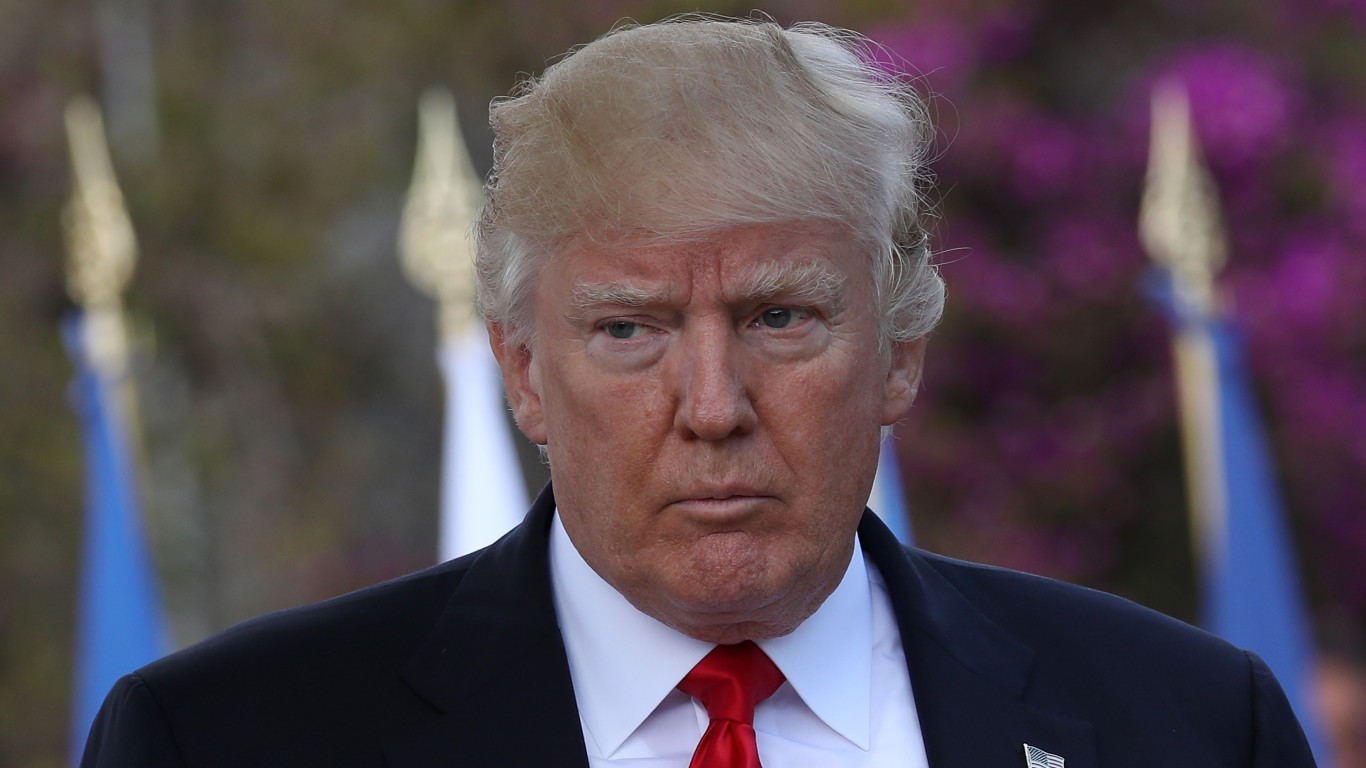
President Trump believed the JCPOA would not be enough to stop Iran from developing nuclear weapons, so in 2018 he withdrew the United States from it and reimposed sanctions. This inflicted significant damage to the Iranian economy. Iran responded by increasing its use of advanced centrifuges to grow its enriched uranium stockpiles and began restricting full access to international nuclear monitors.
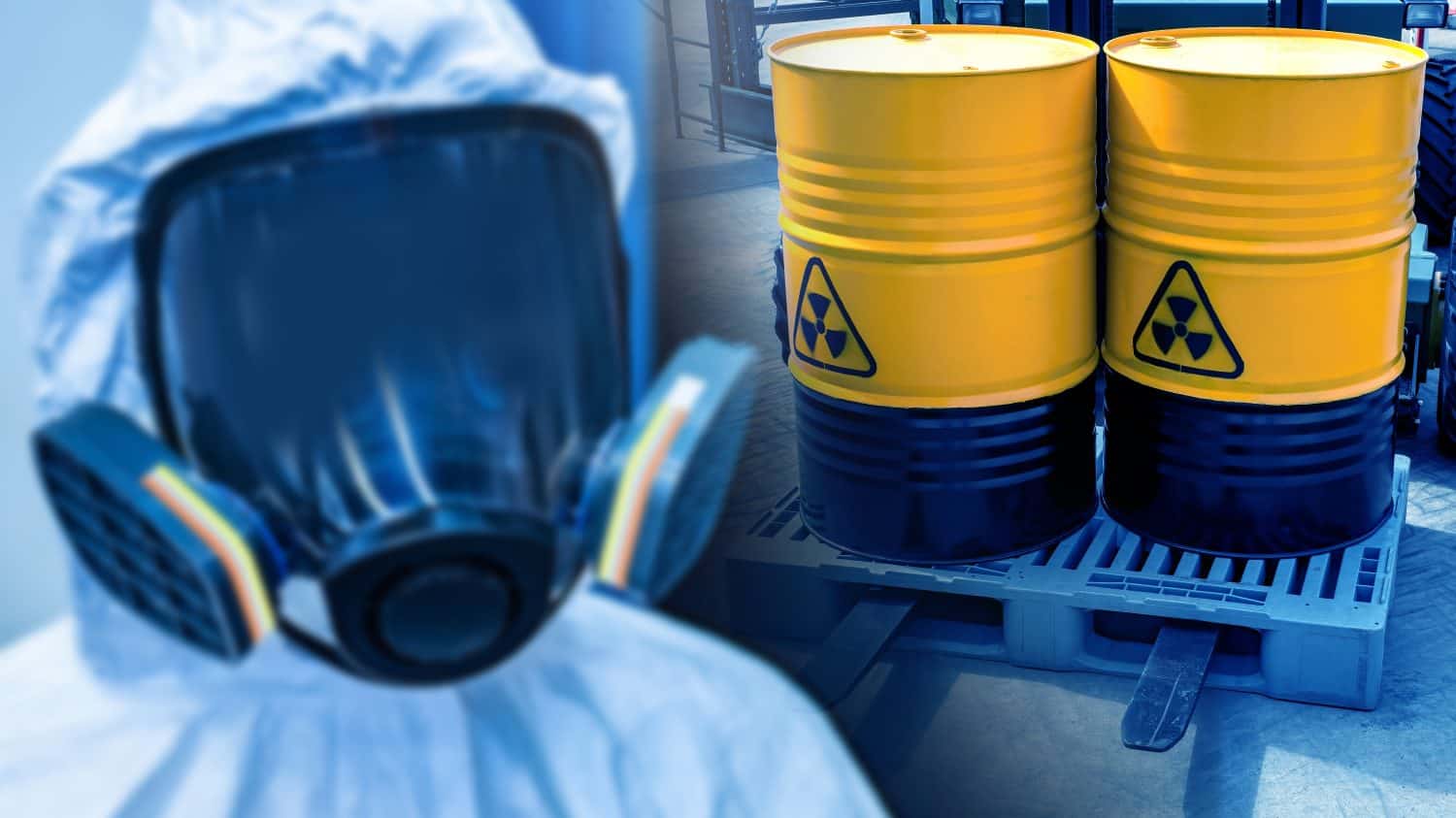
Here is a summary of where experts believe Iran’s nuclear capabilities stand today:
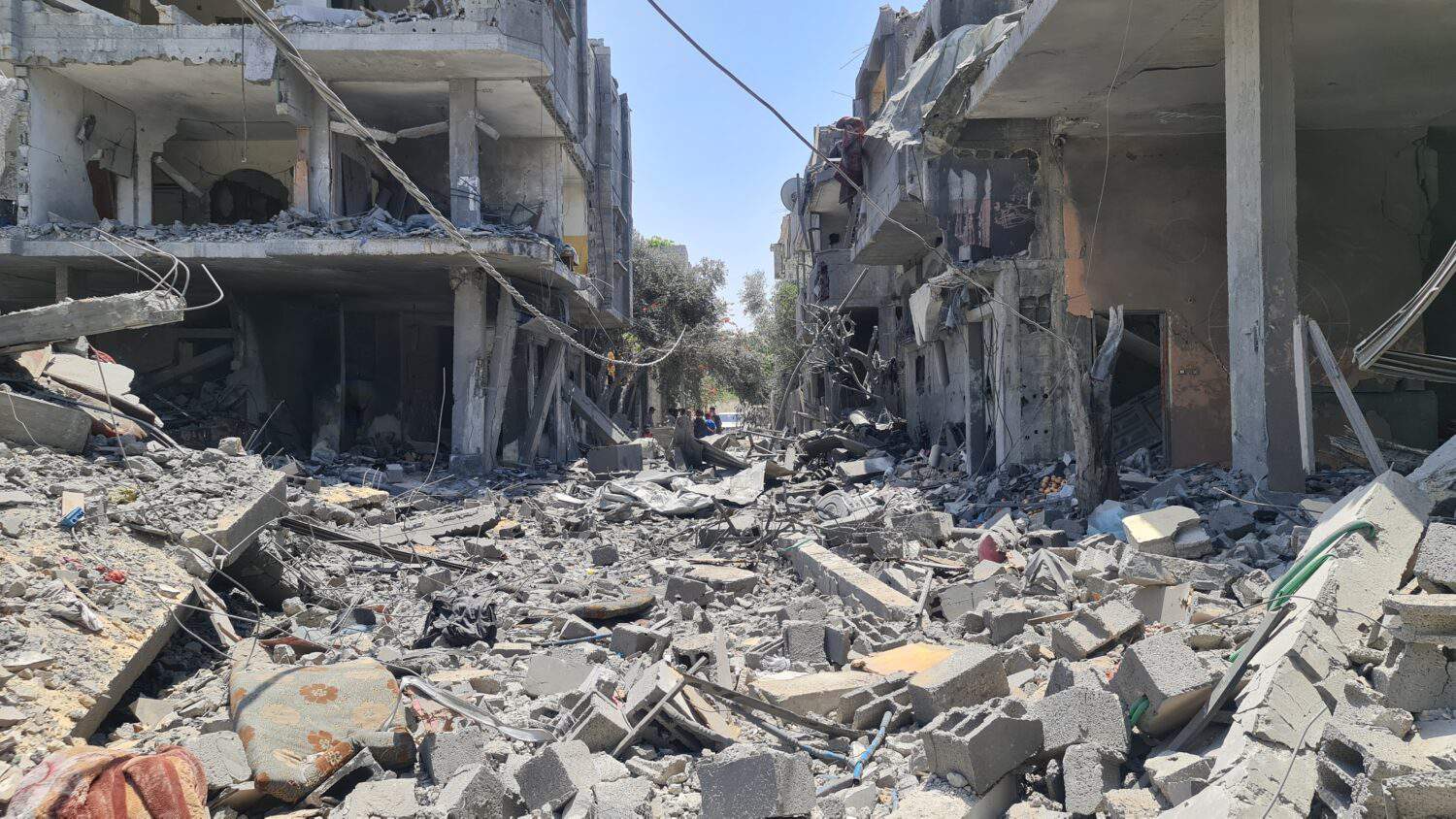
The Middle East is going through a multilevel crisis this year that will affect Iran’s calculus of the risks and benefits of breaking out to nuclear status:

Russia is under severe international sanctions for its ongoing invasion of Ukraine. While it has a numerical advantage over Ukraine, western countries have provided Ukraine with increasingly lethal high tech weaponry and training. Russia has begun purchasing Iranian-made drones and North Korean missiles and ammunition, as well as introducing some 10,000 or more North Korean troops to the front lines in Russia’s Kursk Oblast.
Russia’s relative weakness works to Iran’s favor, giving them the opportunity to bargain for trade agreements and potentially even nuclear technology that could help them break out as a nuclear power. It could also create the impression that Iran is within Russia’s sphere of influence and that any who would attack it may or may not be inviting a Russian military response.
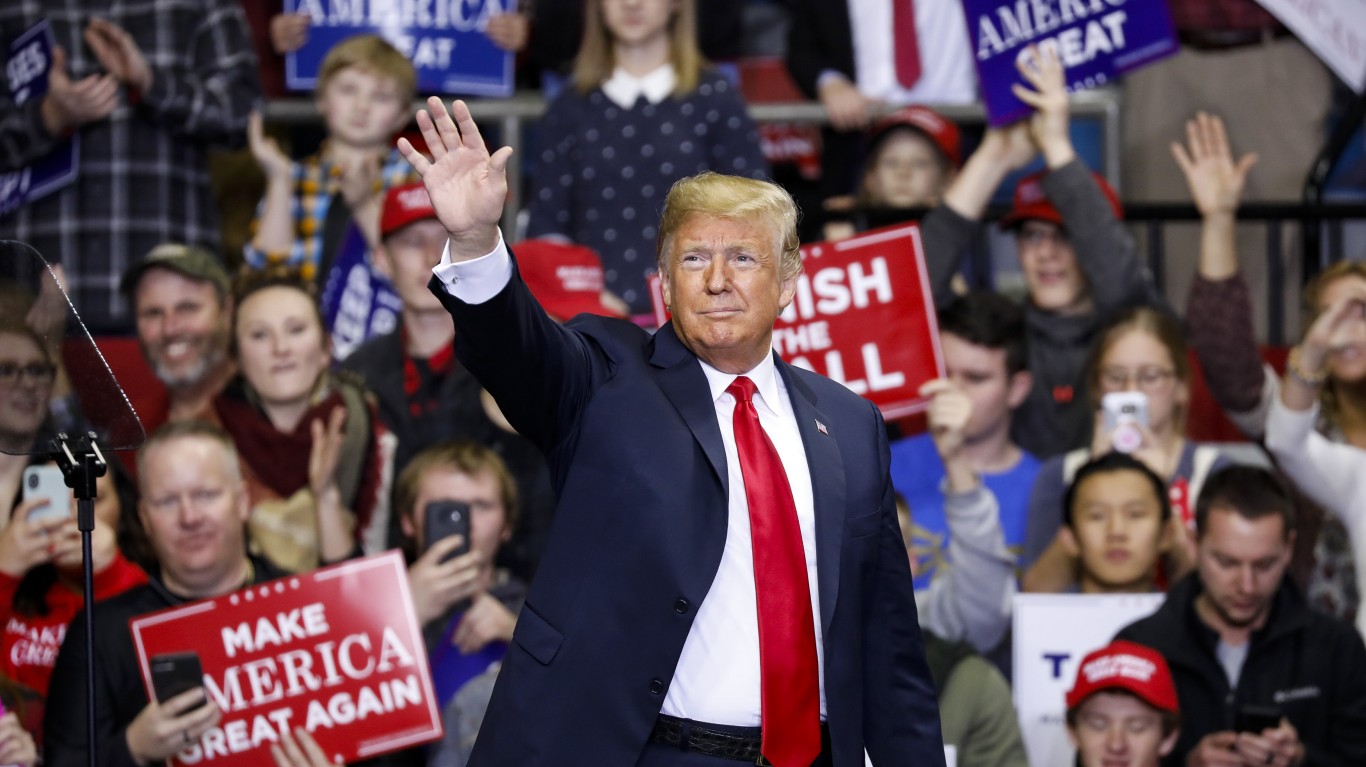
The election of Donald Trump to a second term is another wild card in an already wildly chaotic situation. On the one hand, Trump is a staunch supporter of Israel and was responsible for tearing up the nuclear agreement with Iran. This suggests he would not be interested in a diplomatic approach to stopping Iran.
On the other hand, while Trump’s diplomatic rhetoric has been bombastic, he has emphasized more pulling the U.S. back from its overseas commitments rather than expanding them and starting new wars. So it is unclear what his policy might be if Iran did test a nuclear weapon. One possibility is that he might give a green light to Israel to attack Iran’s nuclear facilities with limited American support without committing ground troops or in other ways getting the U.S. entangled in another long Middle East War.
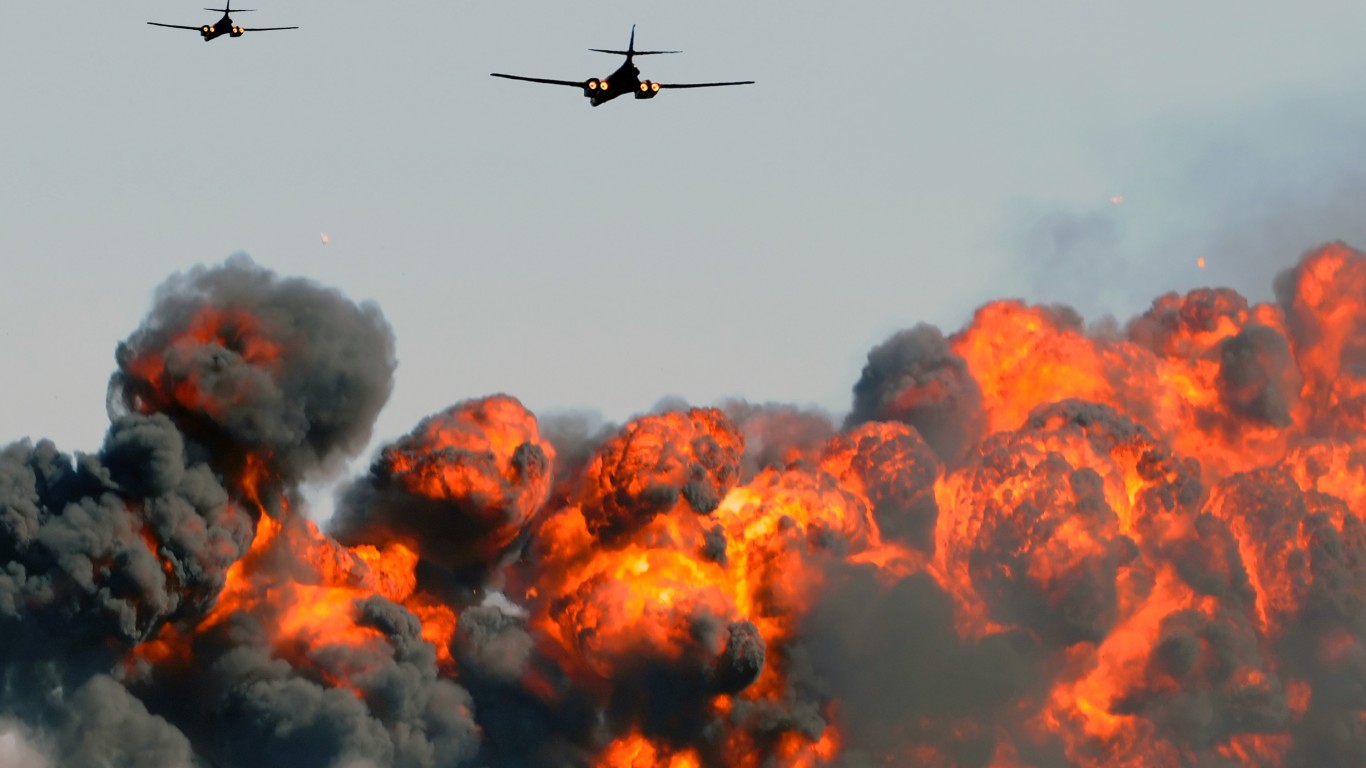
If the U.S. and Israel and their allies undertake a strong military response intended to deny Iran nuclear weapons and technology, here are some potential outcomes:
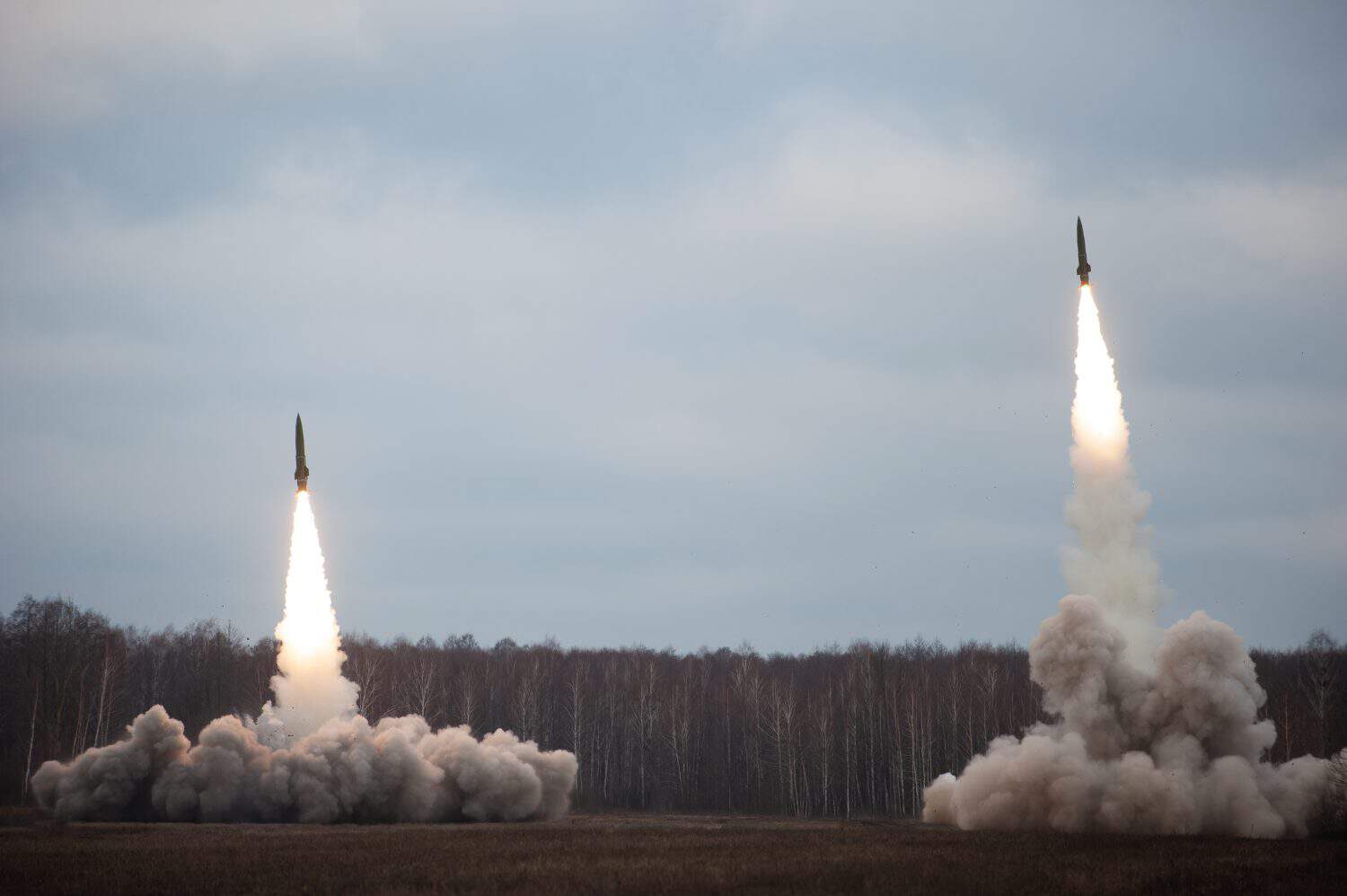
The risks of a military strike are huge, but what is the alternative? The U.S. could use a containment response, as it did with the Soviet Union, China, and North Korea. Some elements of this are diplomatic and economic isolation through sanctions, building up American and allied military forces in the region to deter expansion, and negotiations to reduce tensions and control the parameters of a local arms race.

Like so many of the problems in the Middle East, there just aren’t many good options for solving the Iranian nuclear crisis. Ultimately, in an ideal world, Iran would have an ideological change that would allow them to approach the world in a less combative way. This is what happened in the Soviet Union: the reality of economic decline and political corruption caused a collapse of the communist worldview and the systems it built. In the case of Iran, perhaps such an economic collapse could happen with adoption of affordable sustainable energy technologies that led to a catastrophic devaluation of oil and cut off Iran’s main source of income. But such a scenario amounts to waiting things out and hoping for the best.
In the near-term, the world has to make an assessment of the danger not only that Iran will test a nuclear weapon, but that they will use it. And if the determination is made that they will use it, either imminently or inevitably in the future, then that moves our calculus decisively into the realm of military strategy. At that point, we must decide not whether there will be military conflict, but when and how it will take place with the least loss of life and property, and the most decisive defeat for Iran’s nuclear objectives.
Retirement can be daunting, but it doesn’t need to be.
Imagine having an expert in your corner to help you with your financial goals. Someone to help you determine if you’re ahead, behind, or right on track. With SmartAsset, that’s not just a dream—it’s reality. This free tool connects you with pre-screened financial advisors who work in your best interests. It’s quick, it’s easy, so take the leap today and start planning smarter!
Don’t waste another minute; get started right here and help your retirement dreams become a retirement reality.
Thank you for reading! Have some feedback for us?
Contact the 24/7 Wall St. editorial team.